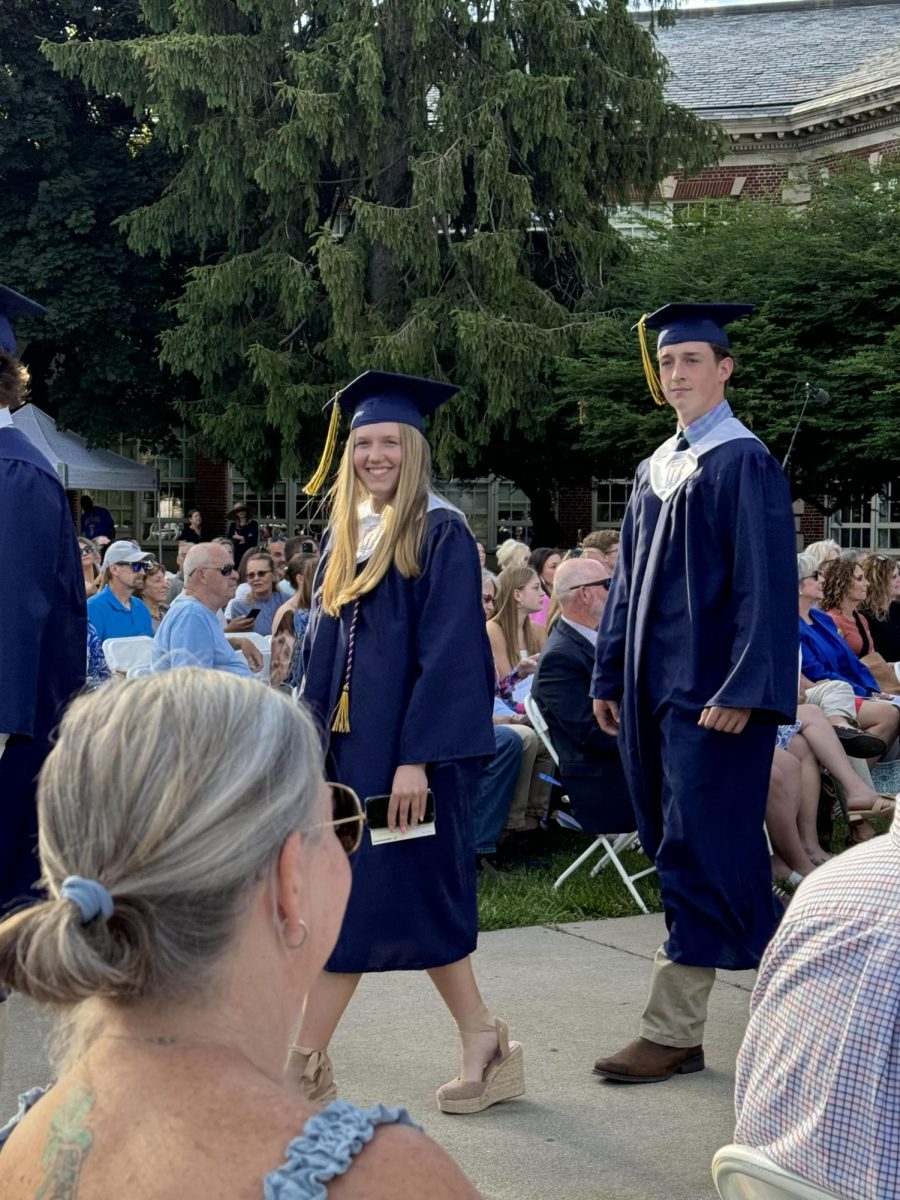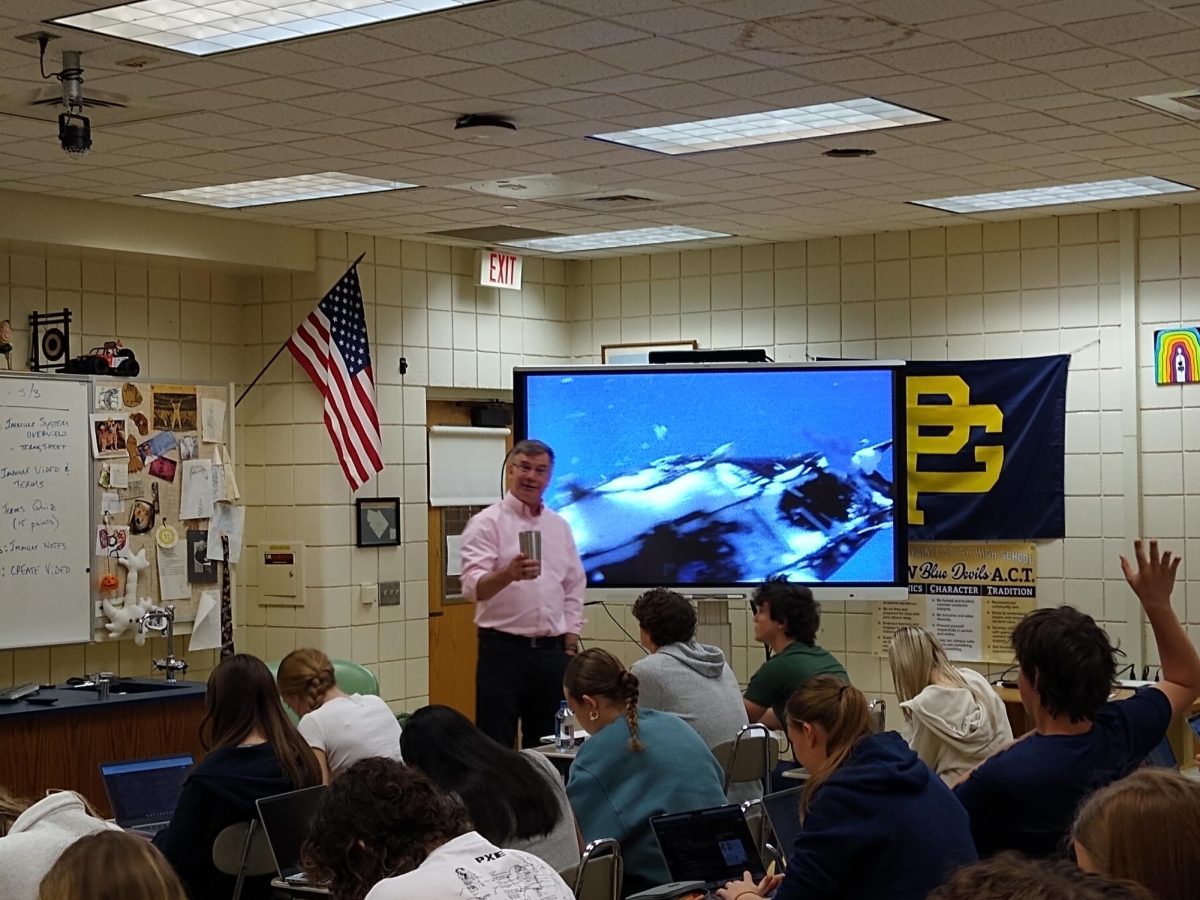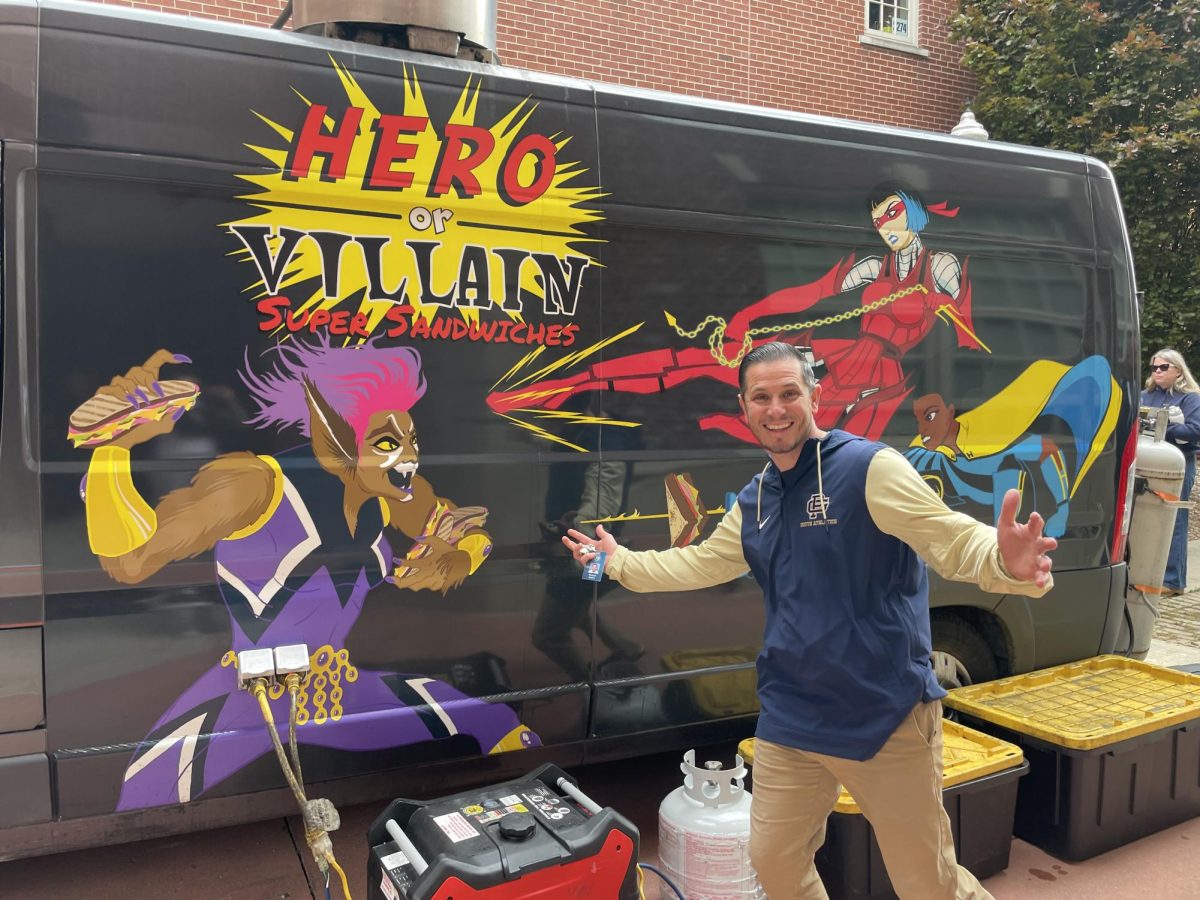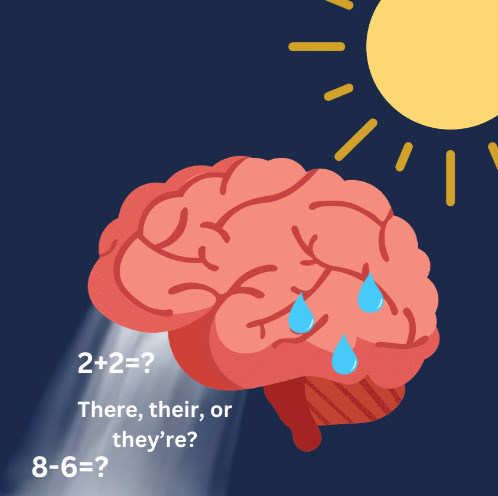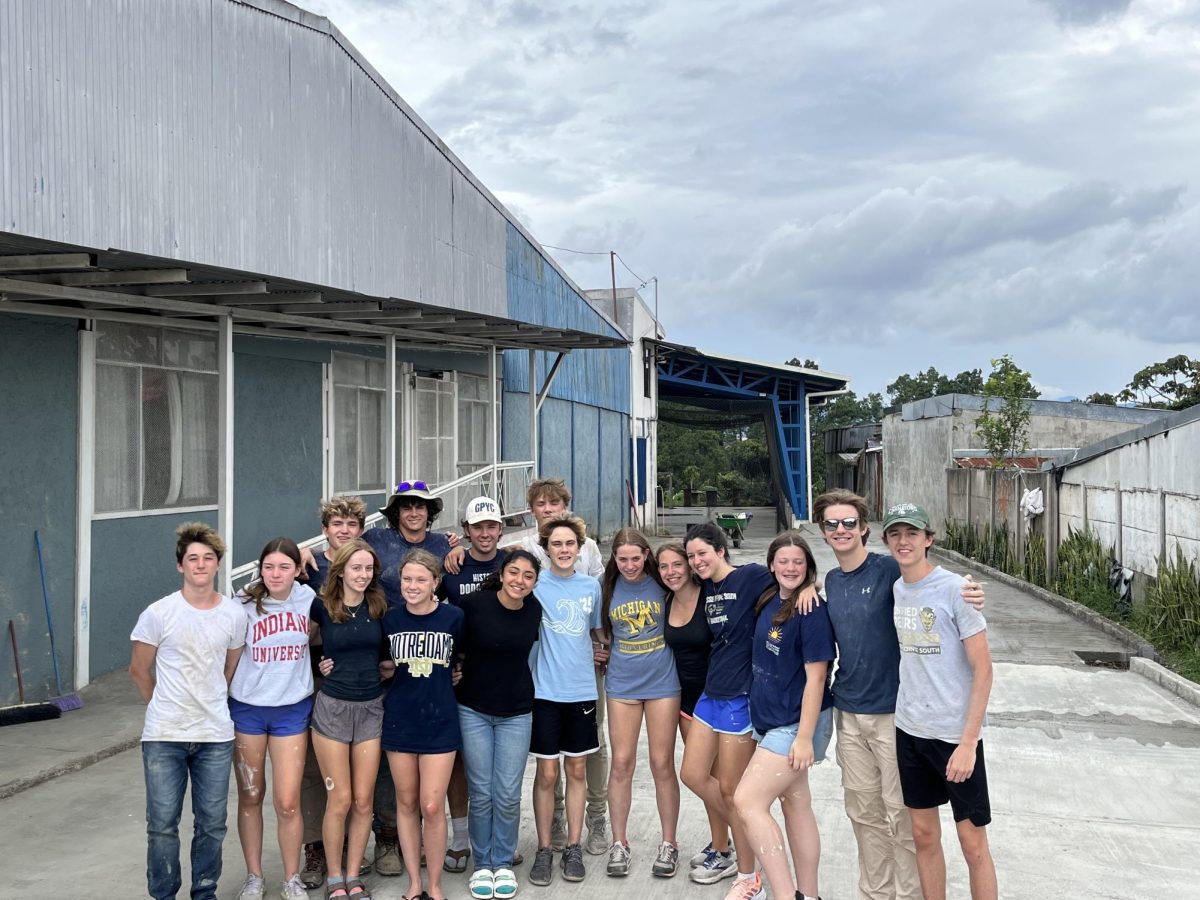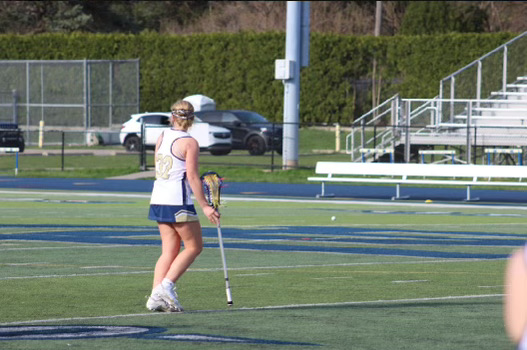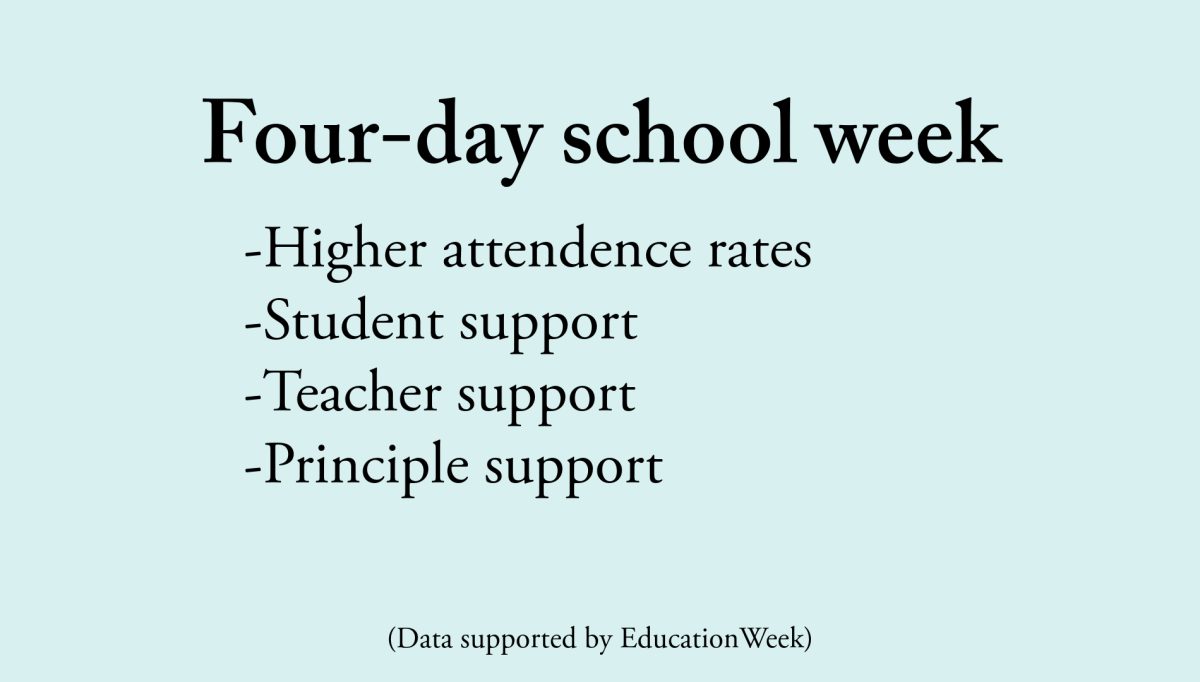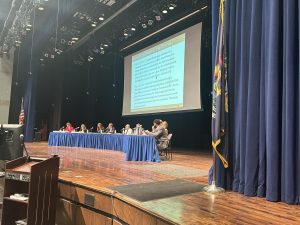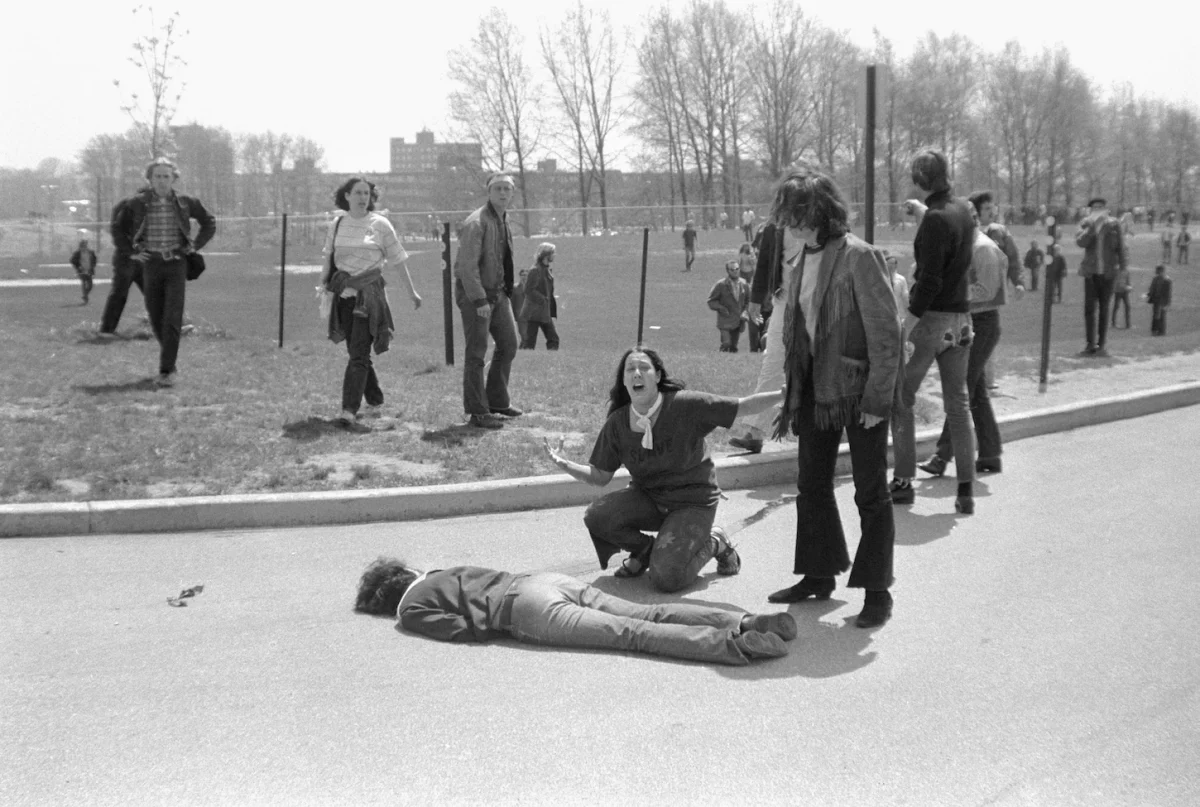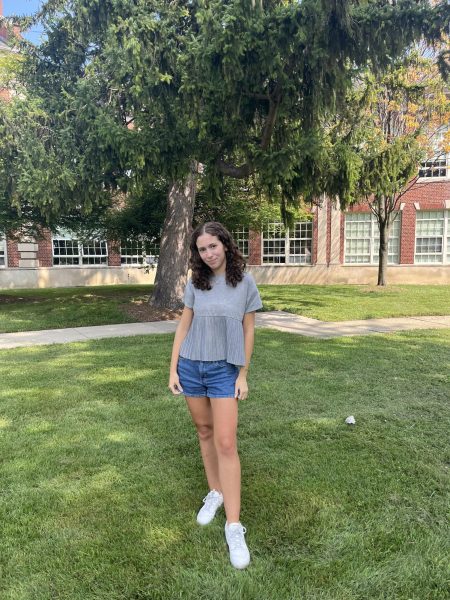With voices from all sides reminding students of the fast-approaching future and the looming upcoming college admissions, it can be a challenge for students to find a balance between preparing for the next step and honoring their interests throughout their four years of high school. Oftentimes, students find themselves forced to make a choice between passion and prestige when planning out their high school career.
Many students at South choose to sacrifice their free time and the opportunity to take classes that spark their interest in favor of a more rigorous schedule in hopes of building a stronger college resume. With one of the most challenging curriculums of any high school in the state, the pressure of filling schedules with classes that carry a heavy name influences lots of students at South, including Victoria McCabe ’24.
“My goal, mostly, for putting together my classes has been what is going to get me into a competitive college where I’m really passionate about going to,” McCabe said. “My high school choices have been geared more towards college than the high school experience.”
With only a few weeks left until graduation, McCabe said she wishes she’d honored her more artistic side in choosing how to spend her four years at South and had made room for a few classes, like ceramics, that really interested her.
“In past years, my schedule has been full of science and math classes, which I tend to work harder towards getting a good grade in,” McCabe said. “I’ve found that can increase my stress a little bit, especially with things like AP Chem and AP Physics that don’t come as easily to me and I’m not as passionate about.”
McCabe said that with South’s wide selection of AP classes, it can be easy to casually add another one onto an already challenging schedule to maximize credits.
“I’ve taken about 12 AP classes in my whole high school experience,” McCabe said. “There’s definitely been three or four where I was not passionate about the subject, but I knew that it would help me with my application to college.”
Many other students, like Viviana Cilano ’26, feel the push for AP classes at South just as much as McCabe.
“I feel like—at South specifically—if you’re not taking an AP class, it’s frowned upon,” Cilano said. “(It feels like) you’re not as smart.”
While the motivation to sign up for challenging courses is extremely prevalent at South, once in the class, the way students feel about the subject can change the whole environment.
“(Passion) changes the discussions,” science teacher Shelly Rothenbuhler said. “It changes the questions that are asked.”
As South’s AP Biology teacher, Rothenbuhler said that it takes a lot out of students to stick with an AP science course for a full year if it’s not something they truly find interesting.
“A lot of times, the (students) that were in there originally for having it on their transcript but not really interested, you might see them for only the first semester,” Rothenbuhler said. “They realize that they’re not interested and don’t want to take the extra time and effort and end up not continuing with the class.”
Rothenbuhler said that, while students usually sign up for the elective courses she teaches out of interest, sometimes they get added to a schedule at the last minute just to take up another hour.
“For the electives, sometimes students sign up for those because it is something that they’re really interested in, and sometimes it’s used as a filler class.” Rothenbuhler said. “You can definitely see a difference in the interest in those elective classes.”
Over the years at South, the class list offered to students each year has had a lot of changes as sign-ups ebb and flow. In some cases, courses have stopped running because so many students favor its harder counterpart, either AP or honors, that there aren’t enough sign-ups to fill a classroom.
“Environmental Science doesn’t even run anymore because people are just choosing AP Environmental Science,” counselor Beth Walsh-Sahutske said. “If people are motivated to take those courses, in most cases, they’re taking the AP level.”
Walsh-Sahutske said that many students sign up for an ambitious course load in the winter semester when they’re fresh out of exams and rethink their choices after the summer break.
“I think it’s because we have these rhythms in our life where people are feeling especially motivated,” Walsh-Sahutske said. “In many ways, that’s a way of saying (students are) too out of balance and stressed to take these curricula that are not necessarily the best choices for where they’re at.”
Walsh-Sahutske said the counseling center receives dozens of students in September looking to move classes around after rethinking their scheduling choices.
“As kids are selecting their classes in that February time period, they are very motivated and are thinking about college or next steps and feeling the pressure of (having) this curriculum that is going to show best in those applications,” Walsh-Sahutske said. “Then summer happens: we get a chance to decompress, and oftentimes people (think) that was maybe a poor choice.”
While the motivation of college acceptance typically has the biggest influence on students choosing their schedules, recent trends in college admissions have shown that acceptances aren’t as clear cut as an AP-packed schedule.
“There’s so much more that goes into college admissions than just your grades,” independent Educational Consultant Shannan McCarron said. “Course rigor certainly plays a role, but in this day and age, institutional priorities are the number one thing driving college admissions.”
While advising high school students throughout the year, McCarron said she has found it more effective to personalize class lists to each individual student’s goals for post-graduation rather than focusing on a set list of courses to add to transcripts.
“I think students should take into consideration their strengths,” McCarron said. “If you have certain academic aspirations, there are definitely some courses colleges are looking for on your transcript. It just depends on what your goals are.”
While McCabe said her goals for college have been the driving factor in her course selection, the reputation and culture surrounding South have also had an influence on the choices she makes.
“South has been seen as this super prestigious school to go to,” McCabe said. “You hear so much growing up in Grosse Pointe about all the great things South kids are doing and (how they’re) going to all these amazing schools.”
McCabe said that, while South’s reputation is something she and many other students take pride in, it can also add a lot of stress to an already difficult four years.
“It’s kind of a double-edged sword,” McCabe said. “On one hand, we have this great school with all these amazing resources and cool opportunities for people, but on the other hand, that can also be used to pressure students into thinking life is more linear than it is and that there’s only one path to success.”
Despite the added expectations South’s reputation can add, McCabe said she’s gained some appreciation for the ways she pushed herself throughout the past four years as she prepares to graduate South and attend the University of Michigan.
“I have had to work so hard these past four years that I think I’m now a more hardworking person than I was in terms of academics,” McCabe said. “The classes I’ve taken have prepared me for the future in ways that, if I had just taken classes I was super passionate about, wouldn’t have happened.”
As a second semester senior, McCabe said she’s beginning to realize just how much time her heavy course load has taken up in previous years. She said she’s forcing herself to take advantage of the fact that her schedule is finally clearing up.
“With classes taking up so much time, there’s times when I come home and I’m completely burnt out,” McCabe said. “It’s just a reminder to make more time for things. I’ve been trying to put more of an effort towards rediscovering hobbies that I loved but haven’t had the time for (that) over the past four years.”
Despite putting so much focus on her academics during her time at South, McCabe said the most important part of high school is finding a balance between pushing yourself towards the future and doing the things that make you happy.
“You can take the hard classes, you can take the AP classes; those are important, and I’m not going to discount the importance of those,” McCabe said. “If I hadn’t taken those, I wouldn’t be where I am now, but always leave time for something you love.”

